Democratic Audit shorts

MPs pay has risen sharply since the 1970s – but it is outside earnings that should really concern us
There is a long tradition of elected representatives in the UK drawing income from activities ‘external’ to their work in parliament. In part, this tradition reflects the belated acceptance of a need to pay MPs a full salary. In the 2012 Audit of UK democracy, Stuart Wilks-Heeg, Andrew Blick and Stephen Crone looked at the […]
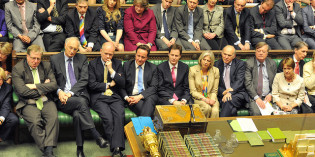
Britain’s bloated payroll vote hampers Parliament in keeping a check on the executive
The latest Coalition reshuffle saw the size of the payroll vote remain steady, with 140 members of the Government benches in the House of Commons now compelled to vote in line with the frontbench, or else lose their position. In previous Democratic Audit reports and articles, Stuart Wilks-Heeg, Andrew Blick, and Stephen Crone have considered the […]
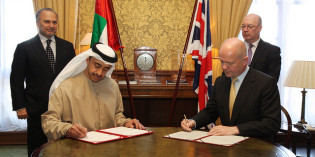
The UK is inconsistent in its support for human rights and democracy overseas
In the 2012 audit of UK democracy, Stuart Wilks-Heeg, Andrew Blick, and Stephen Crone discussed the role of the UK in promoting democracy and human rights overseas. They found the UK purports to set itself high standards in this area, and has made progress recently by agreeing new international human rights instruments. Our relationship with the European Convention on Human Rights suggest […]
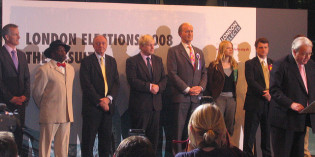
Rules on election deposits create an uneven playing field and protect the interests of the largest parties
Evidence suggests a multi-party system is slowly emerging in UK politics, but our electoral rules may be impeding its development. In the 2012 audit of UK democracy, Stuart Wilks-Heeg, Andrew Blick, and Stephen Crone considered the requirements for candidates to pay a deposit in order to stand for election, and showed how these had a disproportionate impact on small parties. With a number […]
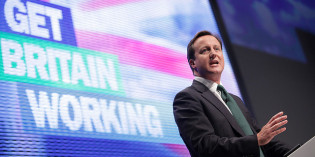
Conservative members have less influence on policy than those in the other major parties
David Cameron’s speech to the Conservative Party conference in Manchester today marks the end of the major parties’ conference season. In the 2012 audit of UK democracy, Stuart Wilks-Heeg, Andrew Blick, and Stephen Crone considered how influential members were on political party policies, including via conferences and other mechanisms. They found varying levels of influence across the major parties, with Conservative members having […]

How far does the UK support the United Nations and respect the international rule of law?
The government’s recent proposal for intervention in Syria was rejected by Parliament. The debate raised questions about the influence of international law on UK foreign policy, reviving a discussion that accompanied British military involvement elsewhere in the region – in Iraq, Afghanistan and Libya. In the 2012 audit of UK democracy, Stuart Wilks-Heeg, Andrew Blick, and Stephen Crone found that the UK’s professed […]

The UK can learn from Canada in reforming trade union and corporate funding of parties
This morning the GMB trade union announced a significant cut in its funding of the Labour Party, following Ed Miliband’s proposals for reform of the party’s links with unions. In previous research for Democratic Audit, Stephen Crone examined how party funding had been reformed in Canada, which included a ban on trade union and corporate […]
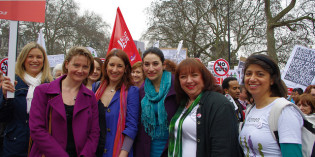
In the representation of women in political life, the UK continues to be outperformed by other democracies
In the 2012 audit of UK democracy, Stuart Wilks-Heeg, Andrew Blick, and Stephen Crone considered how women were represented in public life. They found increased participation of women in government, although more recently progress has gone in reverse. Movement towards greater gender equality in the make-up of the House of Commons has also been slow. Among the […]

Parliament has relatively weak war powers compared to legislatures in other democracies
Parliament is today being recalled from its summer recess to discuss the possibility of British military intervention in Syria. In the 2012 audit of UK democracy, Stuart Wilks-Heeg, Andrew Blick, and Stephen Crone considered Parliament’s powers in this area. Although Parliament has debated Britain’s involvement in recent conflicts it has no formal role in decisions over whether to deploy military force. In this […]

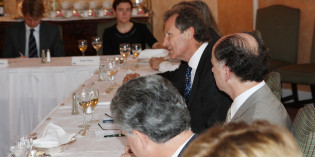

 Democratic Audit's core funding is provided by the Joseph Rowntree Charitable Trust. Additional funding is provided by the London School of Economics.
Democratic Audit's core funding is provided by the Joseph Rowntree Charitable Trust. Additional funding is provided by the London School of Economics.